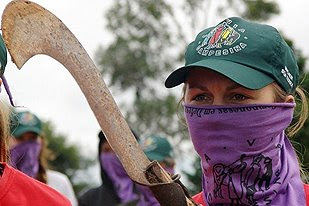
Multiplan Empreendimentos Imobiliarios S.A., the largest mall owner and manager in Brazil property by revenue, the most profitable company in the sector, with a portfolio of 13 owned malls (three under development and ten operational and consolidated, five of which are being expanded), publishes its results for the fourth quarter of 2007. Except where stated otherwise, the financial and operating data is based on consolidated data in Brazilian real, in accordance with generally accepted accounting principles in Brazil property.
-- Gross revenue was R$112.4 million in the quarter, up 24.8% versus the
R$90.1 million in 4Q06. In 2007, gross revenue totaled R$368.8 million,
growing 33.4% in relation to the R$276.5 million in 2006.
-- Adjusted EBITDA increased 26.8% to R$67.2 million, from R$53.0 million
in 4Q06. In the year, Adjusted EBITDA grew by 47.5% to R$212.2 million,
from R$143.8 million in 2006.
-- Adjusted Income in the quarter increased by 34.4% to R$61.4 million,
compared with R$45.7 million in 4Q06. In 2007, Adjusted Income was
R$176.5 million, 73.2% higher than R$176.5 million a year earlier.
-- Adjusted FFO was R$68.6 million in the quarter, 35.5% higher year on
year. In 2007, FFO grew by 67.7% to R$200.2 million, from R$119.4
million in 2006.
-- Acquisition of a 36,748 sq.m. land for future commercial development in
the Barra da Tijuca neighborhood of Rio de Janeiro, one of the cities
fastest-growing real estate markets.





































